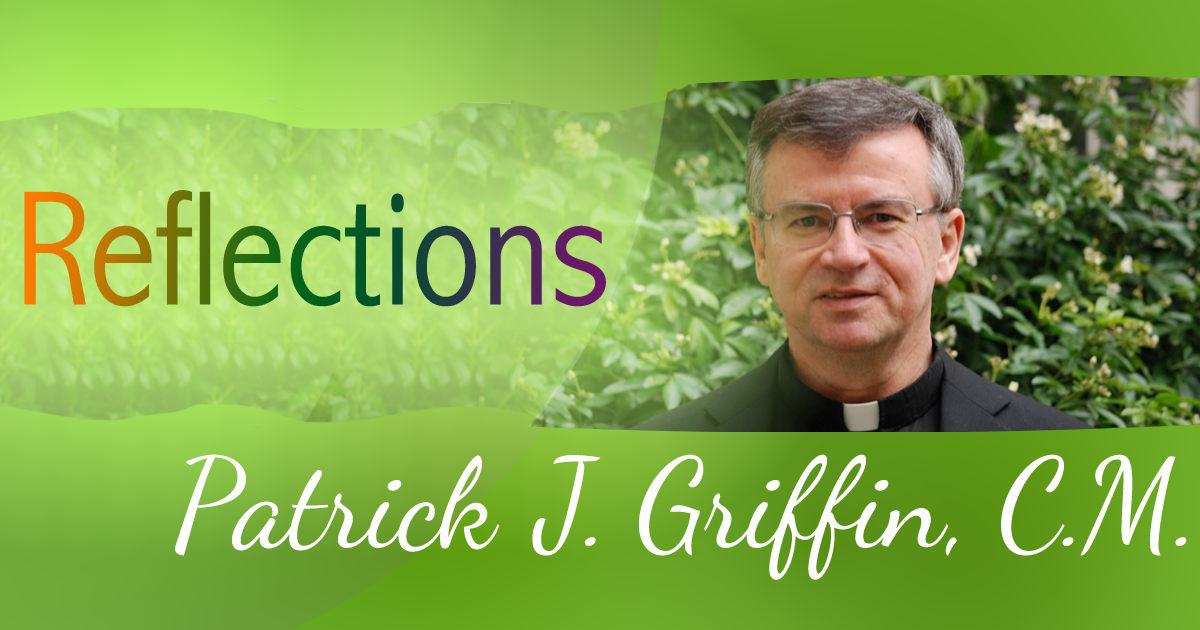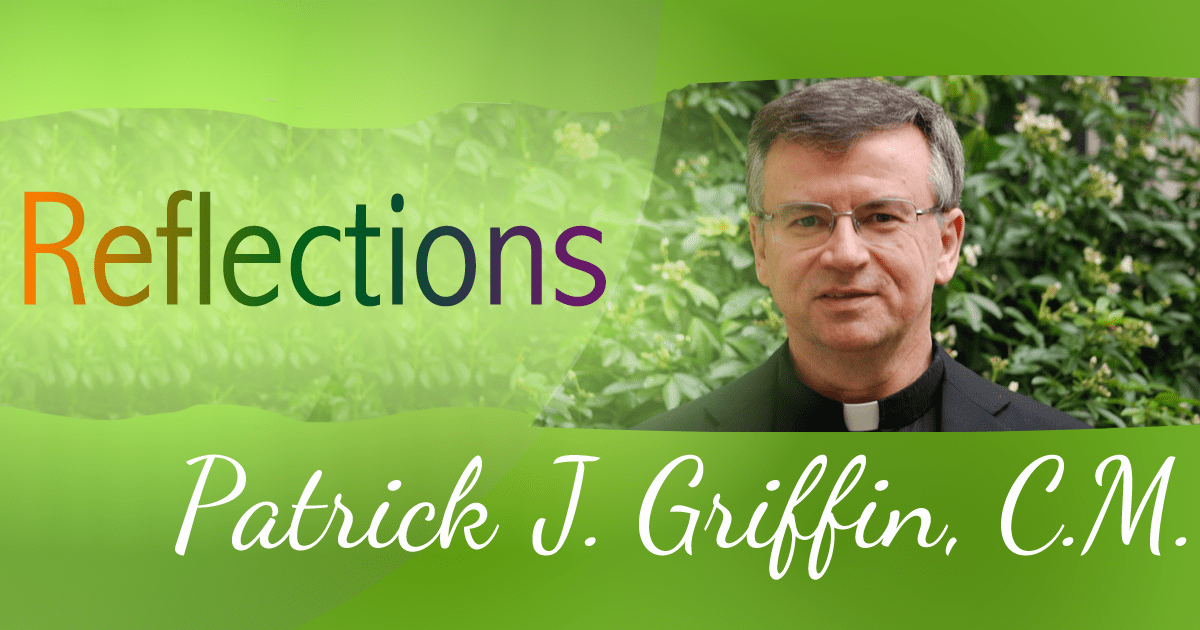A Vincentian View: Speaking the Truth

A Vincentian View: “Speaking the Truth”
In recent history in the United States, people have been more challenged to come to grips with the truth. In the political as well as ecclesial spheres, the need to decide who to believe and how much to believe has arisen often. We have been invited to challenge the words and actions of those to whom we would ordinarily give ready allegiance. We have been called to examine the motives to which we might have given an ordinary acceptance. The truth is not arbitrary or time-conditioned or relative. Certainly, circumstances must be understood, but the truth is the truth and should stand firm.
St. John’s University where I work comes under the patronage of St. John the Baptist. The celebration of the memorial of his death last week gathered our particular attention. The readings of the day caused me to reflect again upon the issue of truth.
In the first reading, we find ourselves early in the book of Jeremiah. The prophet is being encouraged by the Lord to stand firmly and boldly in the message which he proclaims. Listen:
But you, gird up your loins; stand up and tell them everything that I command you. Do not break down before them, or I will break you before them.
And I for my part have made you today a fortified city, an iron pillar, and a bronze wall, against the whole land, against the kings of Judah, its princes, its priests, and the people of the land. They will fight against you; but they shall not prevail against you, for I am with you, says the Lord, to deliver you.
What great imagery! The prophet is to be a “fortified city,” an “iron pillar,” a “bronze wall.” All these are symbols of solidity and strength. The prophet is to speak the truth with clarity and without hesitation. The Lord stands by him/her.
The Gospel of the day tells the story of John’s beheading. John is a speaker of the truth. Herod has married Herodias, the wife of his brother. Most others are silent on this matter, at least publicly. It does not pay to summon the ire of the royal family. John, however, speaks out loudly and without compromise: “Herod’s action is wrong. Herod cannot marry this woman who is bound in marriage to another.” This kind of teaching raises the anger of Herodias and leads to John’s death. He accepts this resolution willingly. He could only say what was true.
A phrase which one hears on occasion in the modern era teaches the need to “speak truth to power.” The origin and application of this phrase is sometimes traced back to the Quakers who used it as a summons to emphasize nonviolence in its guidance to leadership. It has also been identified with the Civil Rights movement and the resolve to describe truly the experience and thinking which affect people of color. The yearning for knowing and acting on the truth can drive those who deal with the powerful.
As Christians, we hunger for the truth. Christ identifies himself with this value as he proclaims: “I am the way, the truth and the life.” Vincent’s manner of acting with simplicity and humility find their center in the truth. One of his great gifts was speaking openly about those who are poor to those who hold power. As a Vincentian Family, our attention must focus upon the real situations and conditions of those who are needy among us and we must be prepared to speak and act humbly and confidently on their behalf. In this way, we respond to the unvarnished truth of the Gospel in the modern world.
I was preparing to send this essay on the Memorial of St. Gregory the Great. Before I dispatched it, however, I opened my VIRTUS bulletin for this week. At the top of the page were these words from Gregory:
“It is better that scandals arise than the truth be suppressed.”







Thank you for this timely reflection. Sr. Marion Bill, DC
Thank you very much!